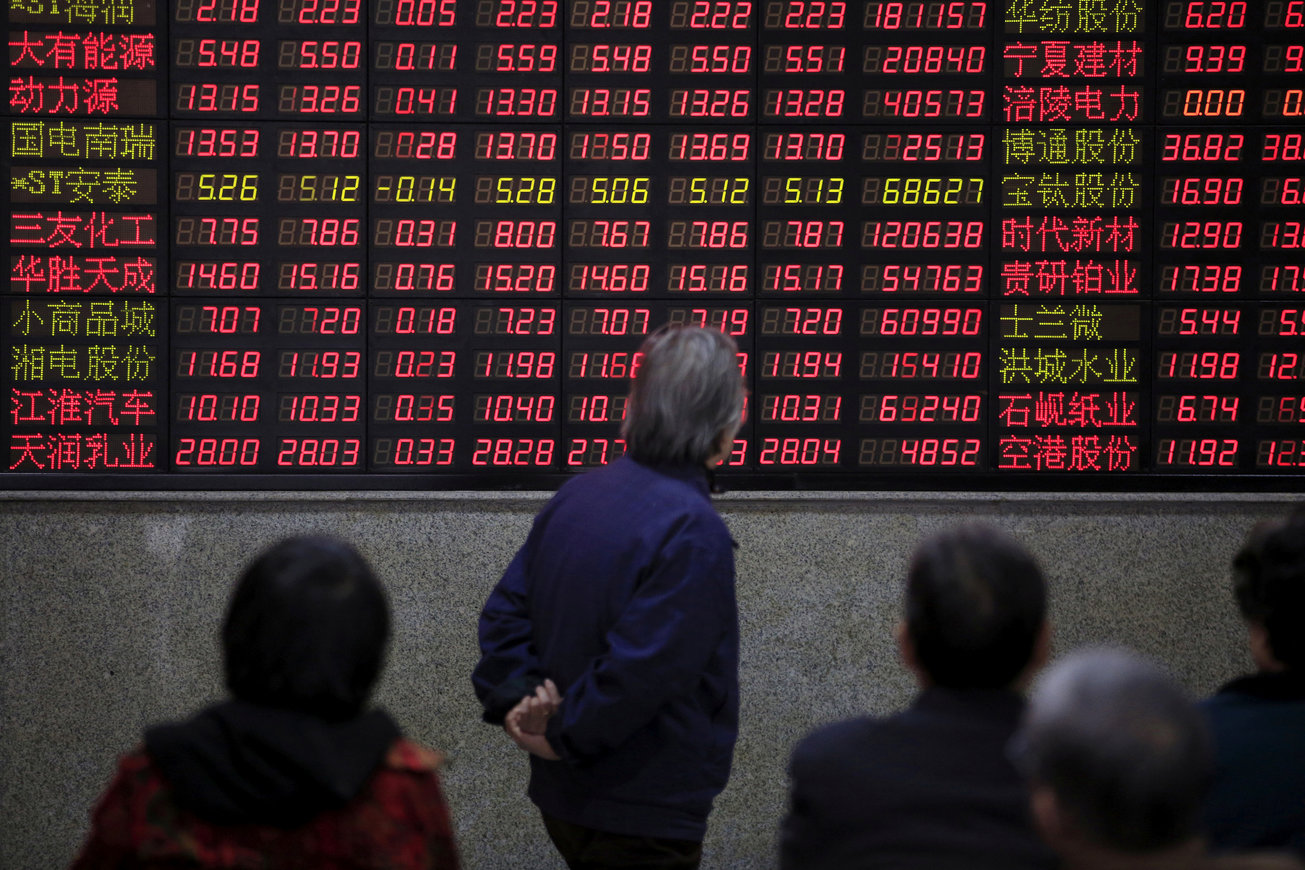Can we make an thread on this?
Like is china lying about its GDP figure? Is china manipulating its currency?
Not that shocking when you think about it.

nationalinterest.org
It is important that people try and understand the core issue here and how this whole thing works.
A good answer which explains the whole situation.
Chinese officials themselves will admit there GDP numbers are "estimates". None of the metrics that are important to Western economists are rigorously tracked by the Chinese bureau of statistics since they have their own, the most important being the LKI (average of growth of loans, electricity production, and rail freight) and total social financing (total private debt). GDP data are just made up after the fact based on the measures the government actually tracks rigorously. The National Bureau of Statistics gets a number the GDP growth “should” be then creatively and haphazardly collects data to justify that. If the LKI goes up by 7%, then surely GDP growth should be in that area, so figure out a way to make it so.
Critically, however, while the economic data is inaccurate, it’s not skewed. China’s PPP GDP is slightly higher than that of the US. Some commentators believe this number is overstated by 50%, and China’s GDP is actually much smaller than that of the US. However, China’s retail consumption and industrial production are both higher than that of the US, and steel production (a good indicator of how much construction is going on) is 10 times higher, so how could GDP be considerably smaller?
Chinese GDP data are *chabuduo* numbers - improvised on the spot and “good enough”, but they are not wildly off the mark.
There have been times that the party has manipulated GDP for propaganda purposes in the short term, but these are always corrected afterwards. In 2014, LKI growth collapsed but Chinese official data still showed 6% growth. In subsequent years, the LKI showed growth in the high single digits, but official GDP growth was still around 6%.
This all begs the question of why China doesn’t track GDP more rigorously, and the answer is that their planners come from a different school of economics. Since it’s founding, the PRC has been under constant (perceived) existential threat from outside forces (until 1965, the US, from 1965-1989 the USSR, then back to the US after Tiananmen), and its economy is something of a “permanent war economy”. Even under “capitalism”, the party actually controls all big business. Like the Japanese planners they learned from, Chinese central planners know the importance of heavy industrial output to military power and the entire economy is geared around the state’s industrial and technological targets, which in turn exist to support the state’s strategy- the green energy push, for example, exists purely to reduce dependence on oil imports which the US can easily blockade. In this environment of “guided” capitalism, the amount of money that has changed hands in a given year (effectively GDP) is not that important to the state.
China has also figured out a way to control GDP quite easily through controlling credit creation. Private banks effectively expand the money supply just as much if not more than the government of most countries - when they loan $10, they do not loan cash but instead create a bank account with $10 in it. When the debtor uses that $10 to buy overpriced smashed avacado, it goes into the cafe’s bank account, and the bank doesn’t have to “make good” on the IOU it has just issued. Bank of Japan economists in the late 2000s found an almost 1:1 correlation between change in total credit and change in GDP. China, with its state banks and closely supervised private banks, has counteracted every downturn, from 2008 to the stock market crash early in Xi’s administration, to the current coronavirus crisis, by simply ordering state banks to issue more credit. Case in point - China’s total social financing has jumped almost 14% since last year. It should be no surprise that the GDP has recovered with all this new credit.




